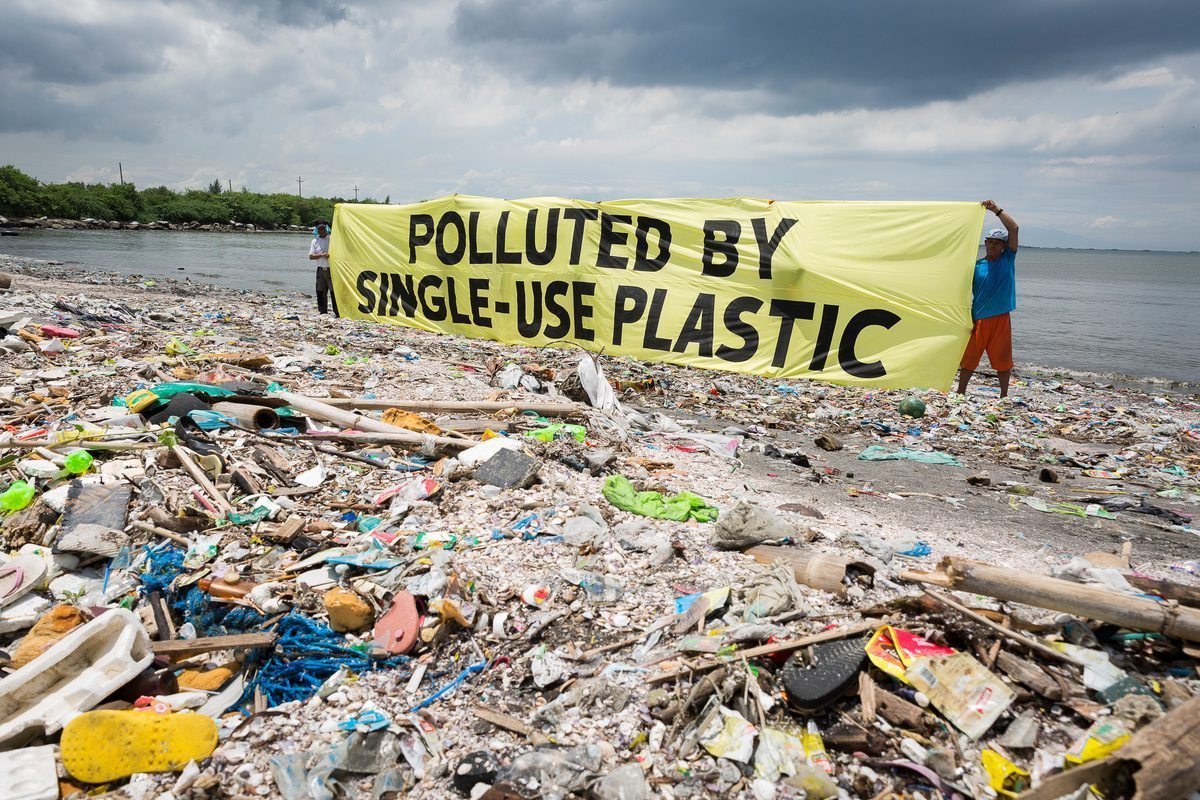Plastic waste and Plastic Pollution

Today I teach a crucial topic in the class. It was Plastic, and I discussed with students why the use of Plastic is harmful to our planet. How plastic is demolishing our Earth? Are there any steps we can take to protect our environment?
Students showed interest in this topic and started discussing its pros and cons. Every student has its viewpoint, which they consider in the class. I was so happy to know, the student knows about the harmful impact of plastics on our environment and how we can protect it.
It is a fascinating topic, and I want to write about it. Following are a few things we discussed in the class.
Plastics have transformed everyday life; usage is increasing, and annual production is likely to exceed 300 million tonnes by 2010. In this concluding paper to the Theme Issue on Plastics, the Environment and Human Health, we synthesise current understanding of the benefits and concerns surrounding the use of plastics and look to future priorities, challenges and opportunities.
It is evident that plastics bring many societal benefits and offer future technological and medical advances. However, concerns about usage and disposal are diverse. They include accumulation of waste in landfills and in natural habitats, physical problems for wildlife resulting from ingestion or entanglement in Plastic, the leaching of chemicals from plastic products and the potential for plastics to transfer chemicals to wildlife and humans.
Plastic never goes away.
Plastic is a material made to last forever, yet 33 per cent of all plastic - water bottles, bags and straws - are used just once and thrown away. Plastic cannot biodegrade; it breaks down into smaller and smaller pieces.
Plastic affects human health.
Toxic chemicals leach out of Plastic and are found in the blood and tissue of nearly all of us. Exposure to them is linked to cancers, birth defects, impaired immunity, endocrine disruption and other ailments. Human Health, Groundwater,
Plastic spoils our groundwater.
There are thousands of landfills in the United States. Buried beneath each one of them, toxic chemicals from plastics drain out and seep into groundwater, flowing downstream into lakes and rivers.
Plastic attracts other pollutants.
Chemicals in Plastic which give them their rigidity or flexibility (flame retardants, bisphenol, phthalates and other harmful chemicals) are oily poisons that repel water and stick to petroleum-based objects like plastic debris. So, the toxic chemicals that leach out of plastics can accumulate on
other plastics. This is a serious concern with increasing amounts of plastic waste accumulating in the world's oceans.
Plastic threatens wildlife.
Wildlife become entangled in Plastic, they eat it or mistake it for food and feed it to their young, and it is found littered in even extremely remote areas of the Earth. In our ocean wildlife alone, plastic debris outweighs zooplankton by a ratio of 36-to-1.
Plastic piles up in the environment.
Americans discard more than 30 million tons of Plastic a year. Only 8 per cent gets recycled. The rest ends up in landfills, is burned or becomes litter.
Plastic poisons our food chain.
Even plankton, the tiniest creatures in our oceans, are eating microplastics and absorbing their
hazardous chemicals. The small, broken down pieces of Plastic are displacing the algae needed to sustain more abundant sea life who feed on them.

No comments:
Post a Comment